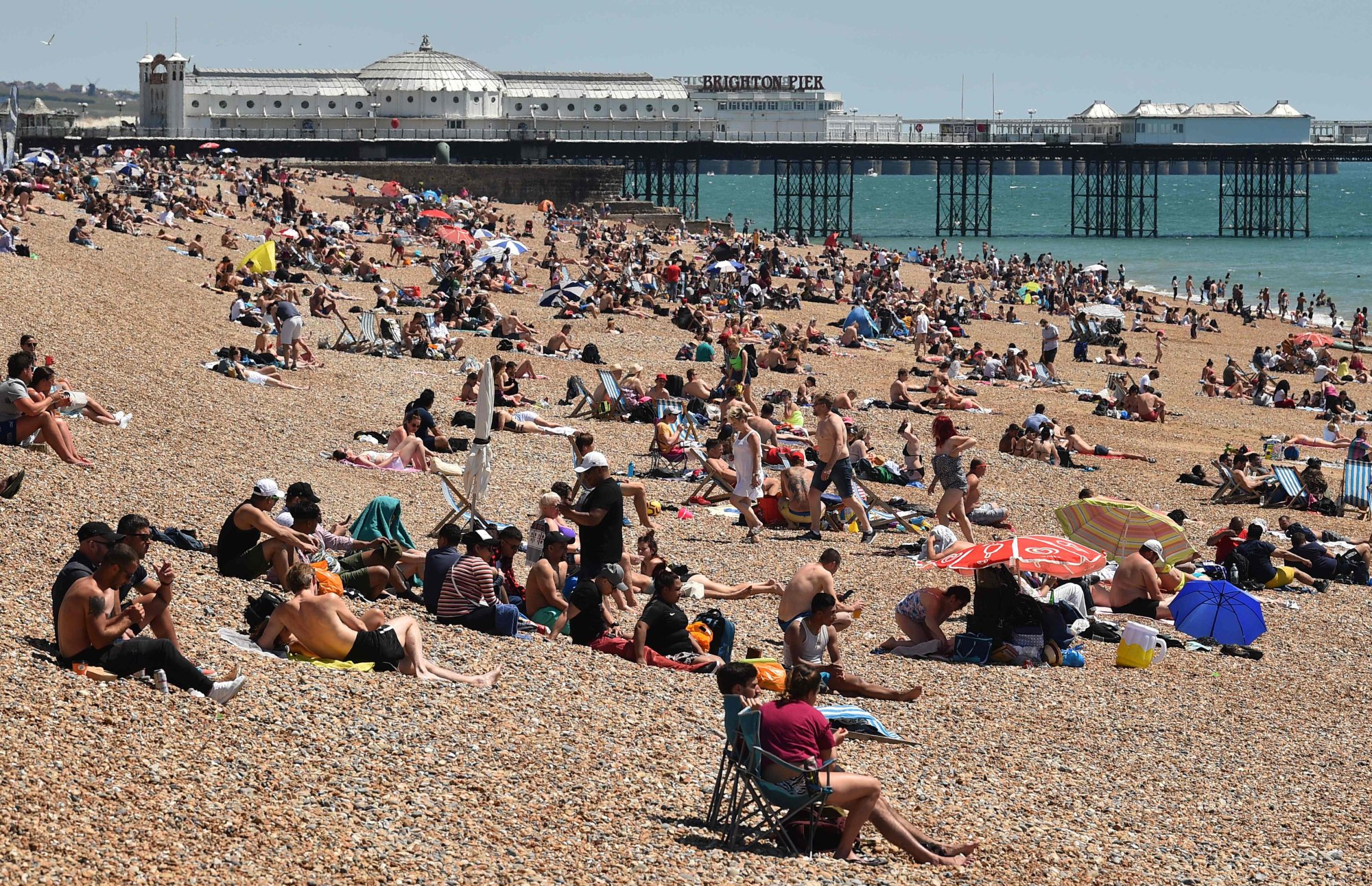
Nearly 20 years after moving from China to the UK, I’m still not sure what freedom means
- Those arriving in the UK in search of freedom will find it comes in conflicting forms, from uniting against an invasion to refusing to wear a medical mask
- For a Chinese expat taught that national interest comes before personal want, such expressions are eye-opening, if sometimes confusing
Freedom is something that I couldn’t understand before I came to the UK. It was just a word. The specific acts it seemed to refer to were speaking and demonstrating. Freedom of speech always sounded desirable, but freedom to demonstrate felt like something that would damage the social order.
Could any British person give a straightforward definition if asked to? My British family and friends had such a benign assessment of the world that they thought democracy and freedom were common sense, so naturally they didn’t know that I needed help understanding.
Freedom of speech is something I have gradually begun to practise; freedom to demonstrate I still feel resistance to, because I can’t yet feel as justified as those around me in asking the government to serve me and to protect my quality of life.
In China, I learnt that we had to share with society, to not be selfish and that national interests came first. To this day I still think society would be more harmonious if the British had a little more of this collective consciousness and less self-consciousness.
But my body language has started to relax, a change first felt by my British family when I would laugh with them. There is a certain logic to British humour that I am beginning to understand.
Still, I suspect that Chinese people can tell that I am from mainland China because there are traces of Chinese society in my posture and facial expressions. Most British people do not convey panic, impatience, inferiority or contempt. Instead, expressions that combine modesty and self-respect fill the streets of Britain.
This attitude extends to many aspects of society. Britain is very liberal. In China, looking after one’s elderly parents is a strict matter of filial piety. In Britain, each family’s situation is different. Life paths are more free.
In the China of the last few decades, success is defined exclusively by money or status; everything else is looked down upon. The British are free to lead their lives as they wish, even if it means being lazy and staying at home on welfare (which again I think is too much freedom).
What is the purpose of life? The Chinese say it is to strive to get ahead, not to play with things, because time is money. As such, for many years it was hard for me to appreciate the popular British practice of holidaying – lying on the beach for a week, not moving, not sightseeing, not gaining new knowledge; it all seemed like a waste of life.

It felt very similar, albeit at the other end of the spectrum, to the Chinese who believe that GDP is more important than fairness. Indeed, the terminology and concepts that are prevalent in each society appear to simply be separated by a time gap. I have always thought that the current social situation in China is similar to that of Victorian Britain, when the goal was to climb the social ladder.
I later gained some clarity on the matter: the demonstrations stemmed from a common fear that the government was abusing a public crisis to try to expand its power. This shocked me; I didn’t expect it at all.
Yue Parkinson is a freelancer writer and bilingual author of China and the West: Unravelling 100 Years of Misunderstanding, and China’s Ukraine Dilemma: The Shaping of a New World Order

.jpeg?itok=IWIemjTe&v=1689818059)
